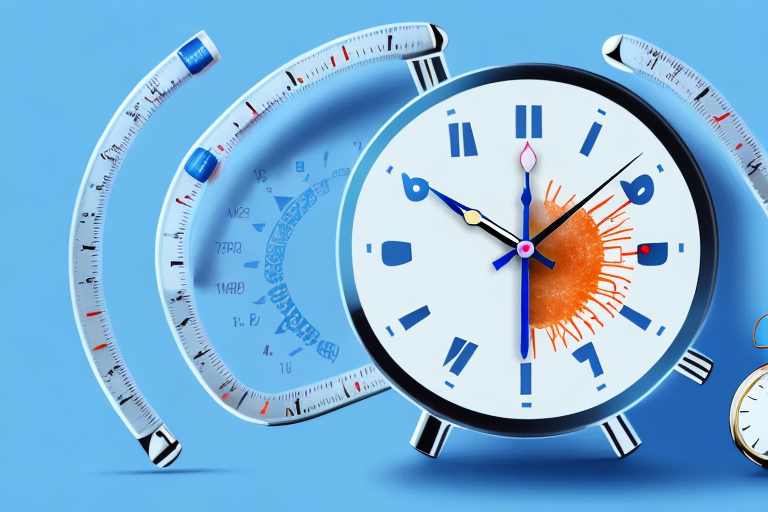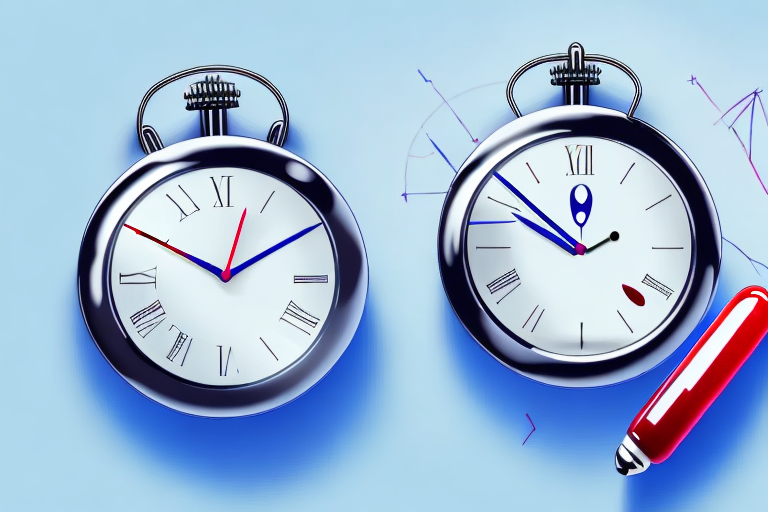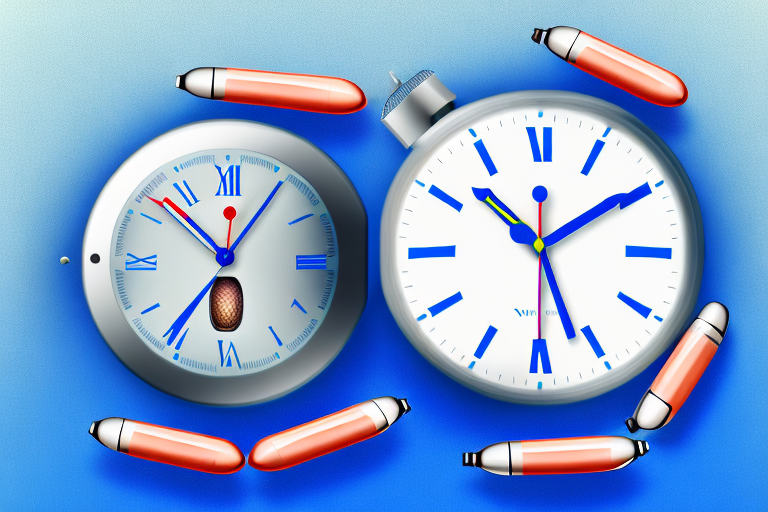
When and how do I take Viagra?
Viagra is a popular medication used for the treatment of erectile dysfunction. It has helped millions of men regain their confidence and improve their sexual performance. However, before you start taking Viagra, it is essential to understand how it works and what factors can affect its effectiveness.
Understanding Viagra
Viagra, also known as sildenafil, is a prescription drug that belongs to a class of medications called phosphodiesterase type 5 (PDE5) inhibitors. It works by increasing blood flow to the penis, enabling men to achieve and maintain an erection when sexually aroused.
Viagra has revolutionized the treatment of erectile dysfunction, viagra site 비아그라 사이트 providing millions of men with a renewed sense of confidence and improving their overall quality of life. Let’s delve deeper into the fascinating world of Viagra and explore its origins, mechanisms of action, and potential side effects.
What is Viagra?
Viagra is a brand name for sildenafil. It was initially developed as a medication for the treatment of hypertension (high blood pressure) and angina (chest pain). However, during clinical trials, researchers noticed a significant improvement in erectile function among male participants, leading to its approval for the treatment of erectile dysfunction.
Since its introduction in 1998, Viagra has become a household name, synonymous with sexual vitality and enhanced performance. Its widespread popularity has sparked curiosity and intrigue, prompting individuals to seek a deeper understanding of how this medication works.

How Does Viagra Work?
When a man is sexually stimulated, his body releases nitric oxide, which stimulates the production of a chemical called cyclic guanosine monophosphate (cGMP). This chemical relaxes the smooth muscles in the penis, allowing increased blood flow. However, the enzyme phosphodiesterase type 5 (PDE5) breaks down cGMP, causing the erection to subside.
Viagra works by inhibiting the action of PDE5, thereby preventing the breakdown of cGMP and maintaining the erection. This remarkable mechanism of action has transformed the lives of countless individuals, offering a newfound sense of intimacy and satisfaction in their relationships.
It is important to note that Viagra is not an aphrodisiac and does not directly cause sexual arousal. Instead, it enhances the natural physiological processes involved in achieving and maintaining an erection, fostering a more fulfilling sexual experience. Learn more about best traditional teaching methods.
Potential Side Effects
Like any medication, Viagra is not without its potential side effects. While most individuals tolerate it well, some may experience mild to moderate adverse reactions. Common side effects include headache, flushing, indigestion, nasal congestion, and dizziness.
It is crucial to consult with a healthcare professional before starting Viagra to ensure its safe and appropriate use. They will evaluate your medical history, current medications, and overall health status to determine if Viagra is the right choice for you.
Additionally, it is essential to follow the prescribed dosage and usage instructions provided by your healthcare provider. Taking more than the recommended dose or using Viagra without medical supervision can increase the risk of adverse effects and may not improve your sexual performance further.
In rare cases, serious side effects such as priapism (prolonged and painful erections lasting more than four hours) and sudden vision or hearing loss have been reported. If you experience any unusual or severe symptoms while taking Viagra, seek immediate medical attention.
Despite the potential side effects, Viagra has been extensively studied and deemed safe for the majority of men with erectile dysfunction. Its benefits often outweigh the risks, offering a renewed sense of hope and intimacy to individuals and their partners.
In conclusion, Viagra has revolutionized the treatment of erectile dysfunction, providing men with a safe and effective solution to enhance their sexual experiences. Its mechanism of action, inhibiting the enzyme PDE5, has paved the way for a new era of intimacy and satisfaction. However, it is important to use Viagra responsibly, under the guidance of a healthcare professional, to ensure optimal results and minimize potential risks.
When to Take Viagra
Knowing when to take Viagra is crucial to ensure its maximum effectiveness. Here are important considerations:
Ideal Timing for Consumption
It is recommended to take Viagra approximately 60 minutes before sexual activity. This timeframe allows the medication to be fully absorbed by the body and start working at its peak when needed. Taking it too early or too late may affect its efficacy.

Factors Affecting Viagra’s Effectiveness
Several factors can affect how well Viagra works for you. For instance, taking Viagra with a heavy meal may delay its absorption and reduce its effectiveness. Similarly, excessive alcohol consumption can interfere with the drug’s mechanism of action, making it less efficient. Additionally, individual factors such as age, overall health, and underlying medical conditions can influence the response to Viagra.
When it comes to the ideal timing for consumption, it is important to consider the individual’s unique circumstances. While the general recommendation is to take Viagra 60 minutes before sexual activity, some individuals may find that a shorter or longer timeframe works better for them. It is always advisable to consult with a healthcare professional to determine the most suitable timing based on personal factors.
Furthermore, understanding the factors that can affect Viagra’s effectiveness can help individuals make informed decisions. For example, consuming a heavy meal before taking Viagra can lead to delayed absorption of the medication. This delay may result in a longer wait time before experiencing the desired effects. On the other hand, taking Viagra on an empty stomach may lead to faster absorption and quicker onset of action.
In addition to food, alcohol consumption can also impact the effectiveness of Viagra. Excessive alcohol intake can interfere with the drug’s mechanism of action, potentially reducing its efficiency. It is advisable to consume alcohol in moderation or avoid it altogether when taking Viagra to ensure optimal results.
Moreover, individual factors such as age, overall health, and underlying medical conditions can play a significant role in how Viagra works. Older individuals may experience a slower metabolism, which could affect the absorption and elimination of the medication. Similarly, individuals with certain medical conditions, such as cardiovascular diseases or liver dysfunction, may require adjustments in the dosage or timing of Viagra to ensure safety and efficacy.
In conclusion, knowing when to take Viagra is essential for maximizing its effectiveness. The ideal timing for consumption is approximately 60 minutes before sexual activity, but individual preferences and circumstances may vary. It is important to consider factors such as food, alcohol, age, overall health, and underlying medical conditions to ensure the best possible outcome when using Viagra.
How to Take Viagra
Taking Viagra correctly is essential to ensure its safety and efficacy. Here are some guidelines:
Viagra, also known as sildenafil, is a medication commonly prescribed to treat erectile dysfunction (ED) in men. It works by increasing blood flow to the penis, allowing for a firm and lasting erection. However, it is important to note that Viagra is not an aphrodisiac and does not increase sexual desire.
Proper Dosage and Administration
Viagra is available in various strengths, including 25 mg, 50 mg, and 100 mg tablets. The recommended starting dose for most men is 50 mg, taken as needed, approximately one hour before sexual activity. It is important to take Viagra on an empty stomach or after a light meal, as a high-fat meal can delay its absorption and reduce its effectiveness.
Depending on individual response and tolerability, the dose may be adjusted by a healthcare professional. It is important never to exceed the prescribed dosage, as this can increase the risk of side effects.
When taking Viagra, it is important to remember that it may take some time for the medication to work. It is not uncommon for men to require multiple attempts before experiencing the desired effect. Patience and open communication with your partner are key during this process.
What to Avoid When Taking Viagra
While taking Viagra, it is crucial to avoid certain substances that can interact negatively with the medication. Nitrate medications, such as nitroglycerin, commonly used for chest pain, should not be taken alongside Viagra. Combining the two can cause a sudden and dangerous drop in blood pressure. It is important to inform your healthcare provider about all the medications you are currently taking to avoid any potential interactions.
In addition to nitrate medications, it is also important to avoid recreational drugs, such as amyl nitrite (poppers), when taking Viagra. These substances can also lower blood pressure and increase the risk of adverse effects.

Furthermore, grapefruit and grapefruit juice should be avoided while taking Viagra. Grapefruit contains compounds that can interfere with the breakdown of Viagra in the body, leading to increased levels of the medication in the bloodstream. This can potentially increase the risk of side effects.
It is important to note that Viagra is not suitable for everyone. Individuals with certain medical conditions, such as severe heart or liver disease, may be advised against using Viagra. Additionally, it is important to consult with a healthcare professional before starting Viagra if you have a history of priapism (prolonged and painful erections) or if you are taking other medications that may interact with Viagra.
In conclusion, taking Viagra correctly involves following the recommended dosage and administration guidelines, as well as avoiding substances that can interact negatively with the medication. It is important to consult with a healthcare professional for personalized advice and to ensure the safe and effective use of Viagra.
Potential Side Effects of Viagra
Although Viagra is generally well-tolerated, it is important to be aware of potential side effects.
Common Side Effects
The most common side effects of Viagra include headache, flushing, nasal congestion, indigestion, and visual disturbances. These side effects are usually mild and subside on their own. If they persist or become severe, it is recommended to seek medical advice.
When to Seek Medical Attention
While uncommon, serious side effects can occur with Viagra. If you experience chest pain, shortness of breath, sudden vision loss, or prolonged and painful erections lasting longer than 4 hours (priapism), seek immediate medical attention. These symptoms may indicate a serious medical condition.
Frequently Asked Questions about Viagra
Here are some common questions related to taking Viagra:
Can I Take Viagra with Other Medications?
It is important to inform your healthcare provider about all the medications you are currently taking, including over-the-counter drugs, herbal supplements, and prescription medications. Some medications, particularly nitrates and alpha-blockers, can interact with Viagra and cause potentially dangerous side effects. Your healthcare provider will evaluate the safety of combining Viagra with your other medications.
What Happens if I Miss a Dose?
Since Viagra is taken as needed for sexual activity, there is no concern about missing a dose. You should never take more than one dose of Viagra within a 24-hour period. If you need to take Viagra more frequently, your healthcare provider may recommend a lower daily dose.
By understanding how and when to take Viagra, you can optimize its effectiveness and enjoy a fulfilling sex life. However, it is important to consult a healthcare professional before starting any medication to ensure it is safe and suitable for you.


